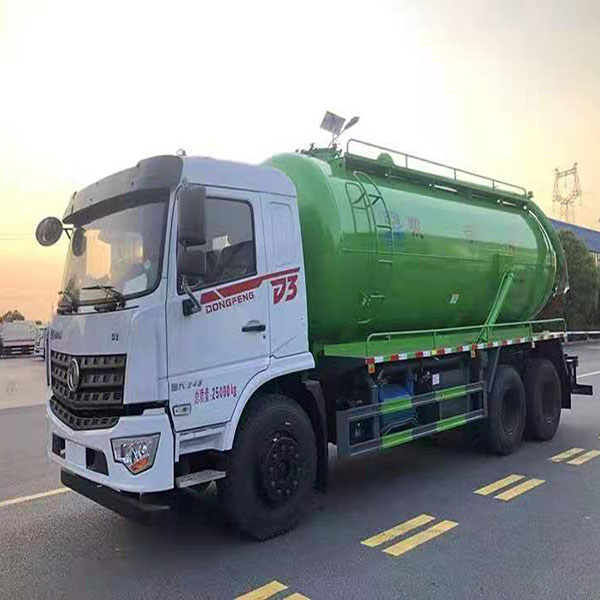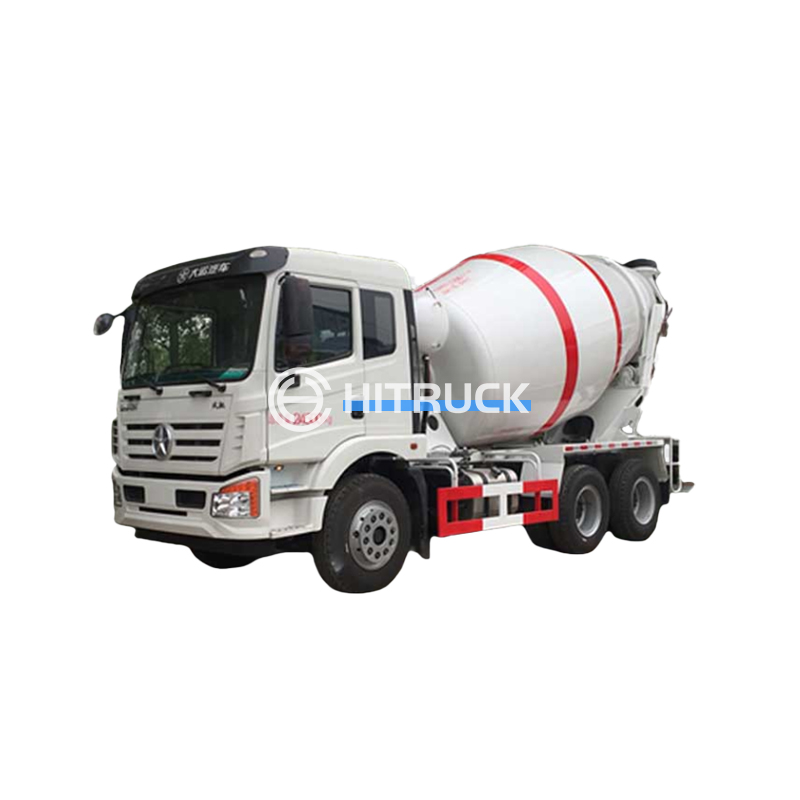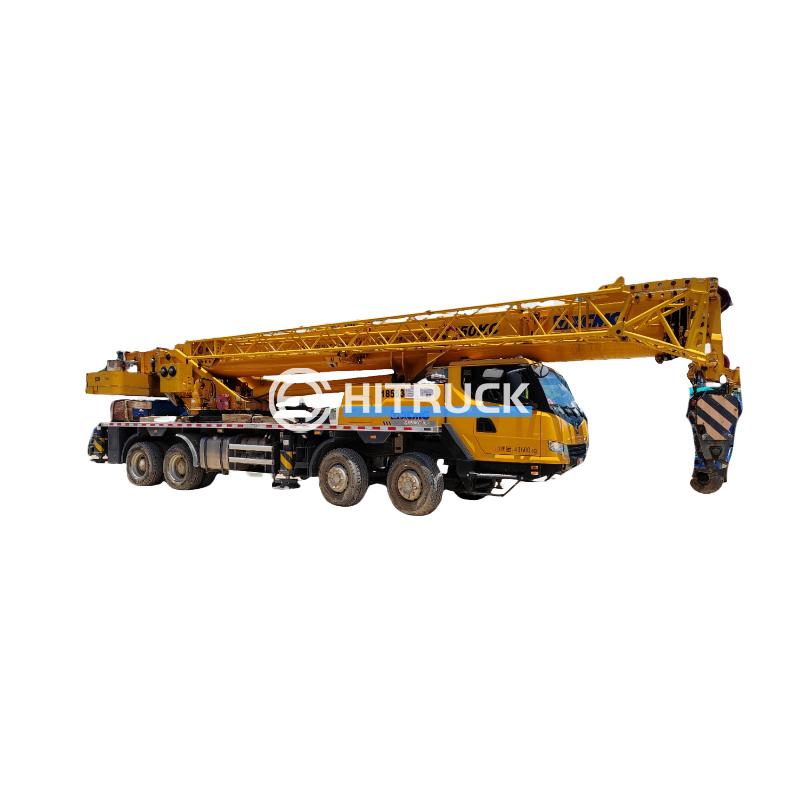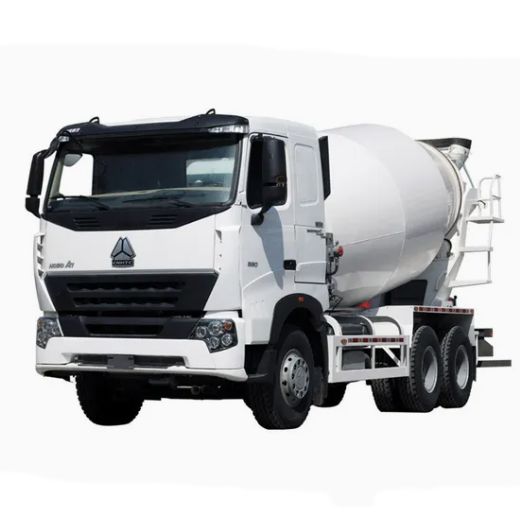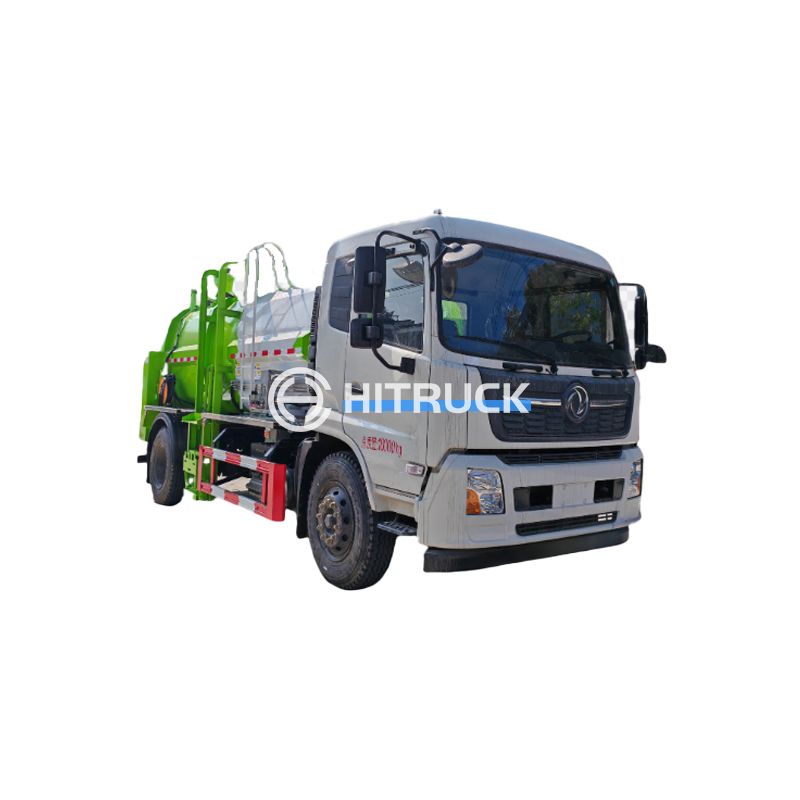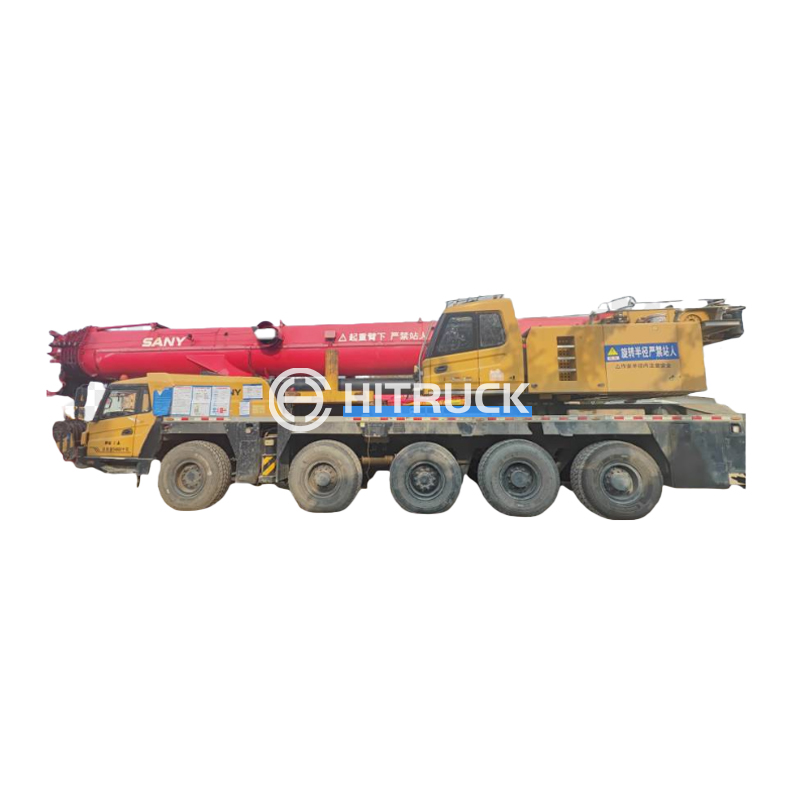This comprehensive guide explores everything you need to know about water tanker water, from sourcing reliable suppliers to understanding water quality and ensuring efficient delivery. We'll cover essential aspects to help you make informed decisions for your specific needs, whether you're managing a construction site, supporting emergency services, or addressing agricultural requirements. Learn about water sourcing, transportation regulations, and the best practices for maintaining a safe and reliable water tanker water supply.
Finding a trustworthy supplier of water tanker water is crucial. Look for suppliers with established reputations, verifiable licenses, and clear water quality testing procedures. Check online reviews and request references to gauge their reliability. Consider factors like their proximity to your location to minimize transportation costs and time. Many suppliers specialize in different water types, so specify your needs upfront. For large-scale projects, negotiate contracts that guarantee consistent supply and quality. Don't hesitate to ask about their water source and treatment processes.
The quality of your water tanker water directly impacts its usability. Different applications have varying requirements. For potable water, adhere to strict standards set by relevant authorities. For construction or industrial uses, focus on aspects like turbidity, mineral content, and the absence of harmful contaminants. Always request a detailed water quality report from your supplier before delivery. This report should clearly list the tested parameters and confirm their compliance with applicable regulations. Understanding these regulations ensures you are using water that's safe and appropriate for its intended purpose.
Transporting water tanker water often involves specific regulations and permits. These vary by location, so it’s essential to research and obtain all necessary documentation before transportation commences. Familiarize yourself with weight limits, route restrictions, and safety procedures. Incorrect handling can lead to penalties and safety hazards. Confirm that your chosen supplier adheres to all relevant transportation regulations. Always prioritize safety during the delivery process.
Efficient delivery is crucial, especially for time-sensitive projects. Coordinate delivery schedules with your supplier in advance to minimize disruptions. Ensure you have adequate storage facilities to receive the water tanker water safely. If storing large quantities, consider implementing a water management system to prevent contamination and wastage. This could include regular testing of stored water and implementing proper sanitation practices around storage tanks.
The size of the water tanker depends on your water needs. Consider your project’s scale and the frequency of water deliveries. Larger tankers offer cost savings per unit of water but may not be suitable for smaller projects or restricted access areas. Smaller tankers offer greater maneuverability but might necessitate more frequent deliveries. Carefully assess your requirements to select the most efficient tanker size.
Water tankers are constructed from various materials, each with advantages and disadvantages. Stainless steel is a popular choice due to its durability and resistance to corrosion. However, other materials like polyethylene are also used, often for cost-effectiveness. Regular maintenance of your water tanker is crucial. This includes regular cleaning and inspections to ensure the integrity of the tank and prevent contamination. Proper maintenance extends the life of the tanker and safeguards the quality of the water tanker water.
| Material | Advantages | Disadvantages |
|---|---|---|
| Stainless Steel | Durable, corrosion-resistant, long lifespan | Higher initial cost |
| Polyethylene | Lightweight, cost-effective | Lower durability, susceptible to UV degradation |
For further assistance in sourcing high-quality water tanker water or finding the perfect water tanker for your needs, visit Suizhou Haicang Automobile sales Co., LTD. They offer a wide range of solutions for your water transportation needs.

